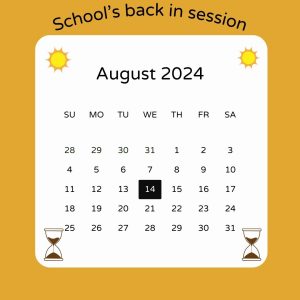Opinion: Are you actually being real?
![“For Instagram you pose [and] set up your pictures, but for BeReal you have a limited amount of time that you can take your picture and share it with your friends,” said Jonathan Kelley '26. Graphic by: Belen Hibbler](https://thecougarpress.org/wp-content/uploads/2022/09/Bereal.jpg)
“For Instagram you pose [and] set up your pictures, but for BeReal you have a limited amount of time that you can take your picture and share it with your friends,” said Jonathan Kelley ’26. Graphic by: Belen Hibbler
September 20, 2022
The popularity of the app BeReal raises some curiosity; do people like the app because they can show their authentic selves, or do they like that their posts will be perceived as “real” even though they might not be?
With the recent boom of the app BeReal, it raises the question, is anyone actually being real? To give some insight, BeReal is an app that was launched in 2020 by founder and CEO Alexis Barreyat. In recent months, the app has received extreme popularity among teenagers and users alike around the world.
“I thought it was a cool app and it didn’t have too many factors to it. It was easy and simple,” said Trinity Apodaca ’26.
It’s similar to Instagram in the sense that its main focus is photo-based, but what sets it apart is its daily spontaneous request for a post of what you are doing in one specific moment. Although the app gives you a two-minute timer to take your photo, you can take it at any time after and also retake it as many times as you please. All the app will show to your friends is how late the photo was taken and how many times it was retaken if done so.
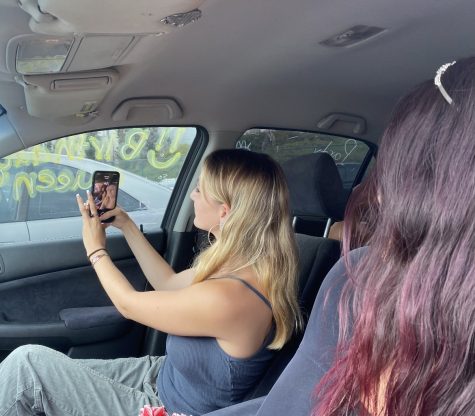
The concept of the app is great, as it creates a more casual social media. Scrolling through Instagram feeds and seeing people look perfect and living their best life is tiring and usually fake. A lot of the people that look like they have a perfect life on Instagram are also laying in their beds just like you. Thus the creators designed this app to end unattainable ideals and created a social media that normalizes not being perfect all the time.
Mark Velthoen ’23 said, “I think it’s a little more personal than Instagram because it captures you at a random moment.”
Although many people use the app correctly, others just wait until they’re doing something fun to take the picture. This defeats the whole purpose of the creators’ intentions for the app. “If it’s done in the time frame then yeah, [the app does a good job of showing people’s real lives]. I feel like some people just wait until they’re doing something important,” said Velthoen.
With that being said, not everyone is on their phone at all times waiting for the notification to go off. While some people want to look cooler than they are, others simply don’t notice the notification. “I usually post late because the BeReals are during class,” said Jonathan Kelley ’26. Now that school is in session, the app will most likely face more and more people posting late due to the inability to be on their phones. There isn’t a rule book stating what you can and can’t do on the app, so doing this is not necessarily a bad thing, nor is it very deep.
There’s no way to know whether people are posting when they can or posting when they want. The important thing is that people are having fun with the app and it has served as entertainment for many different personalities. However, the purpose of the app is defeated when users do post late. As a result, the question of whether the app’s name of “BeReal” is true to itself can only be answered by those interacting with the app, regardless of the creators’ intentions.



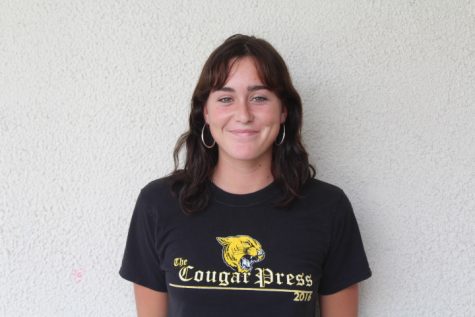
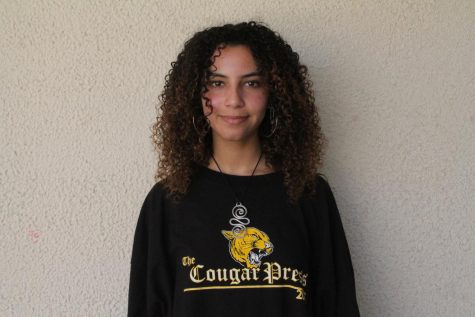
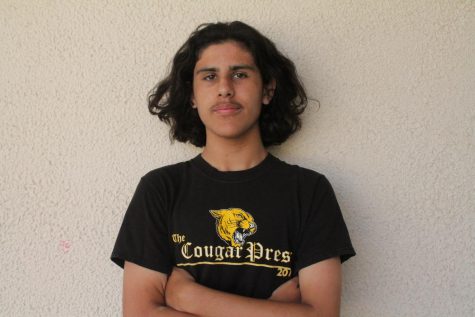
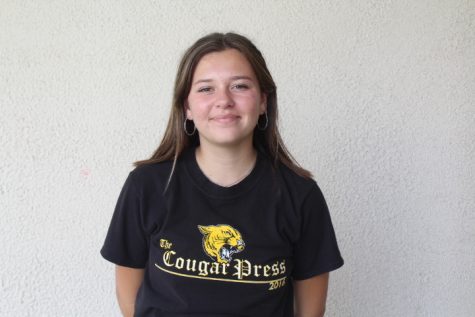
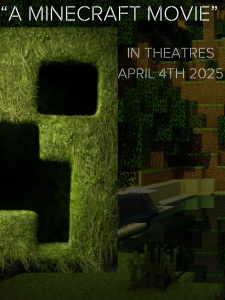


![Lindsay Guzik, new assistant principal said, "I am settling in [at VHS] pretty well. I know a lot of the students, so that makes it a little bit easier coming from Cabrillo, and it's been nice to see them all grown up." Photo by: Abraham Kassa](https://thecougarpress.org/wp-content/uploads/2025/09/IMG_9728-300x200.jpg)
